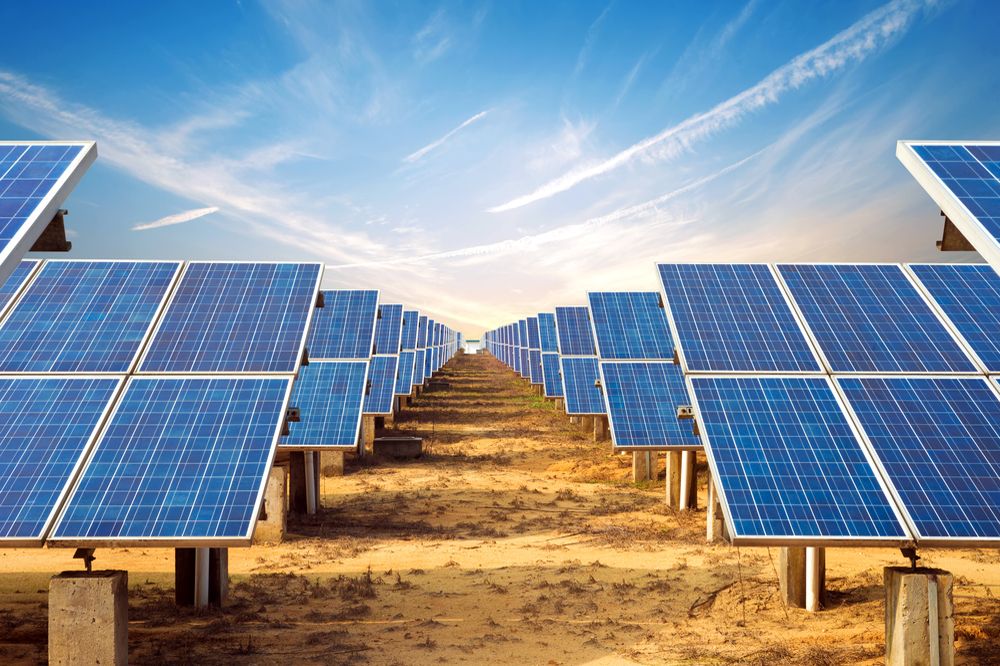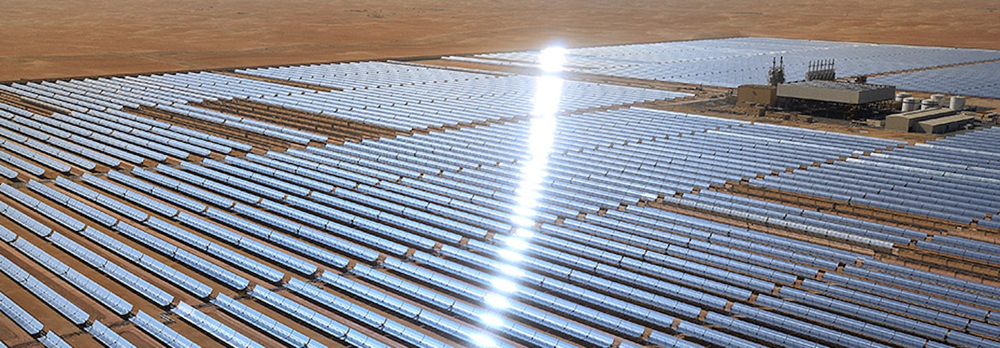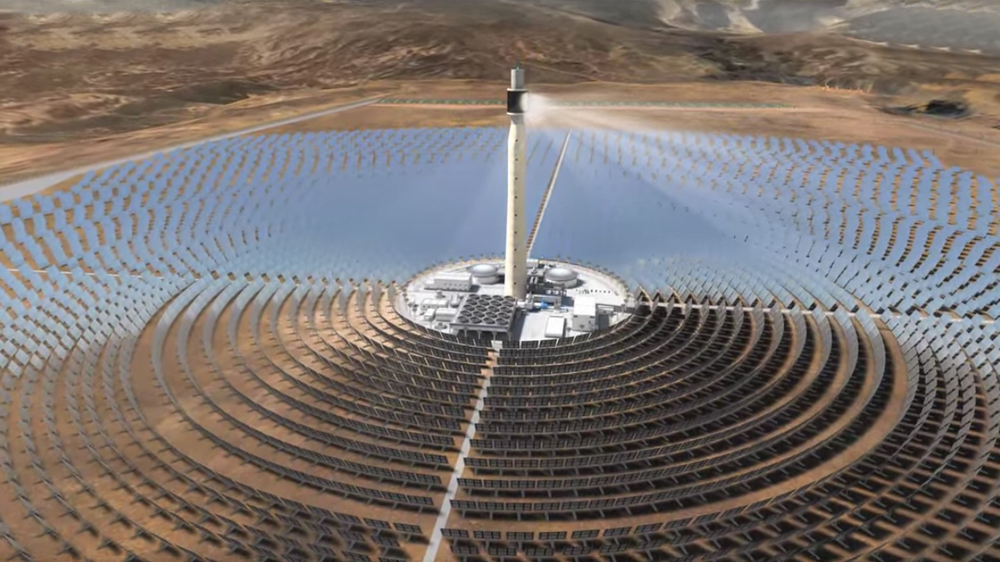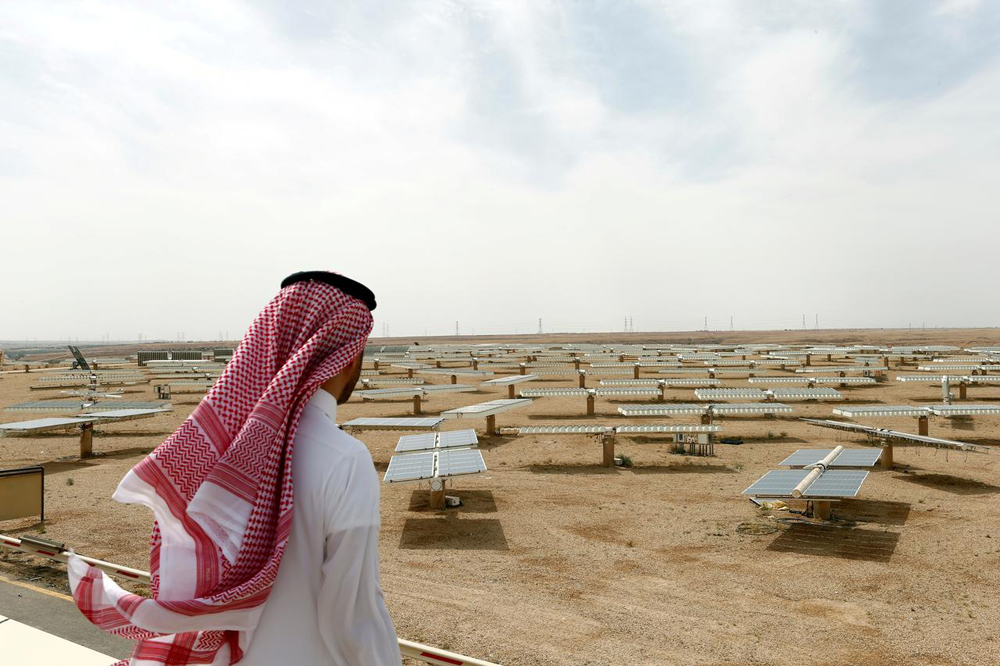
Wind turbines and solar panels have been ethical and renewable sources of energy for quite some time as they transform natural resources, water, sunlight and wind, to purify water and power electricity.
Officially opened in June 2019, the Noor Abu Dhabi solar plant is made up of around 3 million solar panels with the ability to produce 1.17 gigawatts in one location and it is the largest single site solar plant in the entire world. Expected to charge the electricity requirements for almost 100,000 people, Noor Abu Dhabi is set to decrease carbon footprints by 1 million tons annually.

Dubai also has major plans to create a solar lake. The idea is to place floating solar panels on the rainwater drainage lakes close to Al Maktoum International Airport. The UAE has a mission to utilize only renewable sources for a quarter of its energy by 2021.
Not only are the United Arab Emirates taking strides in increasing their use of sustainable energy sources, Morocco has also been making international headlines for its take on renewable energy. The king of Morocco has received an award for his “visionary” leadership when it comes to the matter of climate change and energy; the country is home to the world’s largest concentrated solar power plant.

Noor Ouarzazate
Referred to as the Noor Ouarzazate, it is built on 3000 hectares of land by the entrance of the Sahara Desert and has the ability to power a city double the size of its most popular city, Marrakesh. The plant is able to reduce the country’s carbon footprint by 760,000 tons per year. Morocco is leading in its approach to using renewable energy sources and has goals to source 40% of its energy requirements from renewable sources by next year, and by 52% by 2030.

Solar panels in KSA
Saudi Arabia is also making efforts to produce 10% of its electricity from renewable energy sources by 2030. A team of scientists at Saudi’s King Abdullah University of Science and Technology (KAUST) have produced a membrane distillation scheme that would allow them to capture heat waste from solar panels, which could then distill and purify salt water, producing fresh water at a rapid rate. Professor Wang of the Saudi team stated, "It can be used for coastal areas as long as you are not talking about delivering drinking water to a city of over one million people."

















